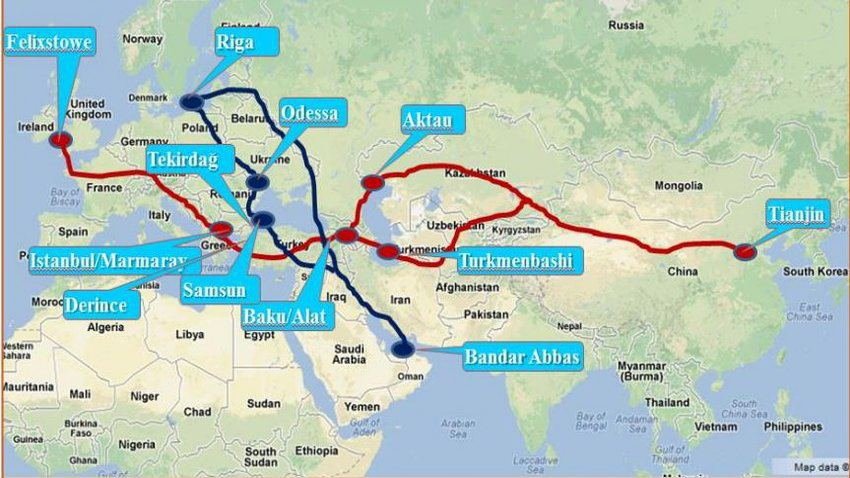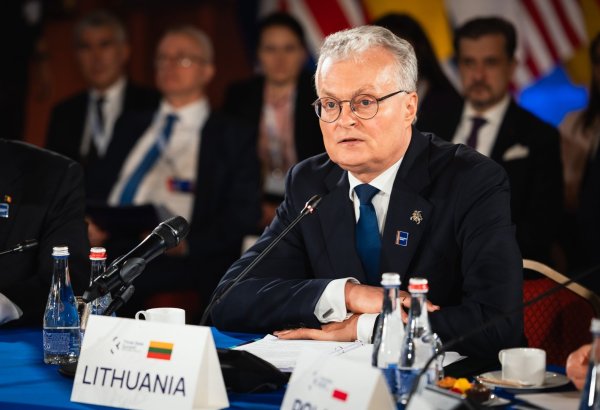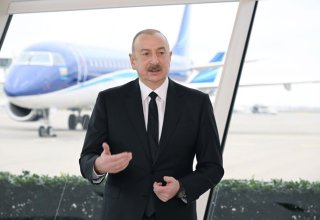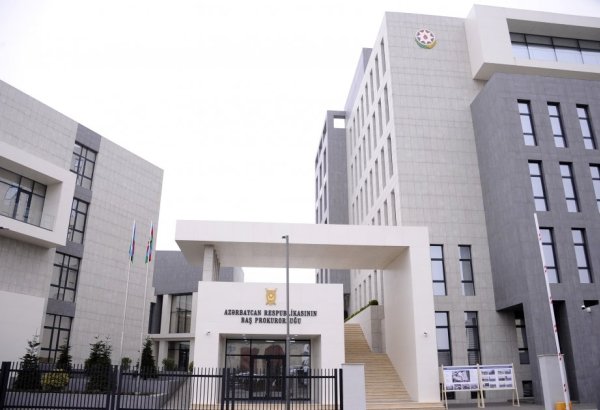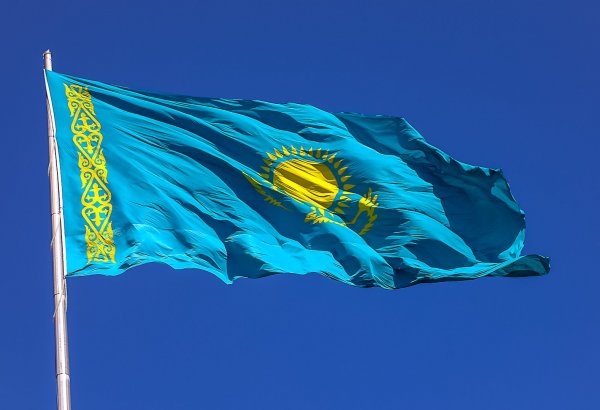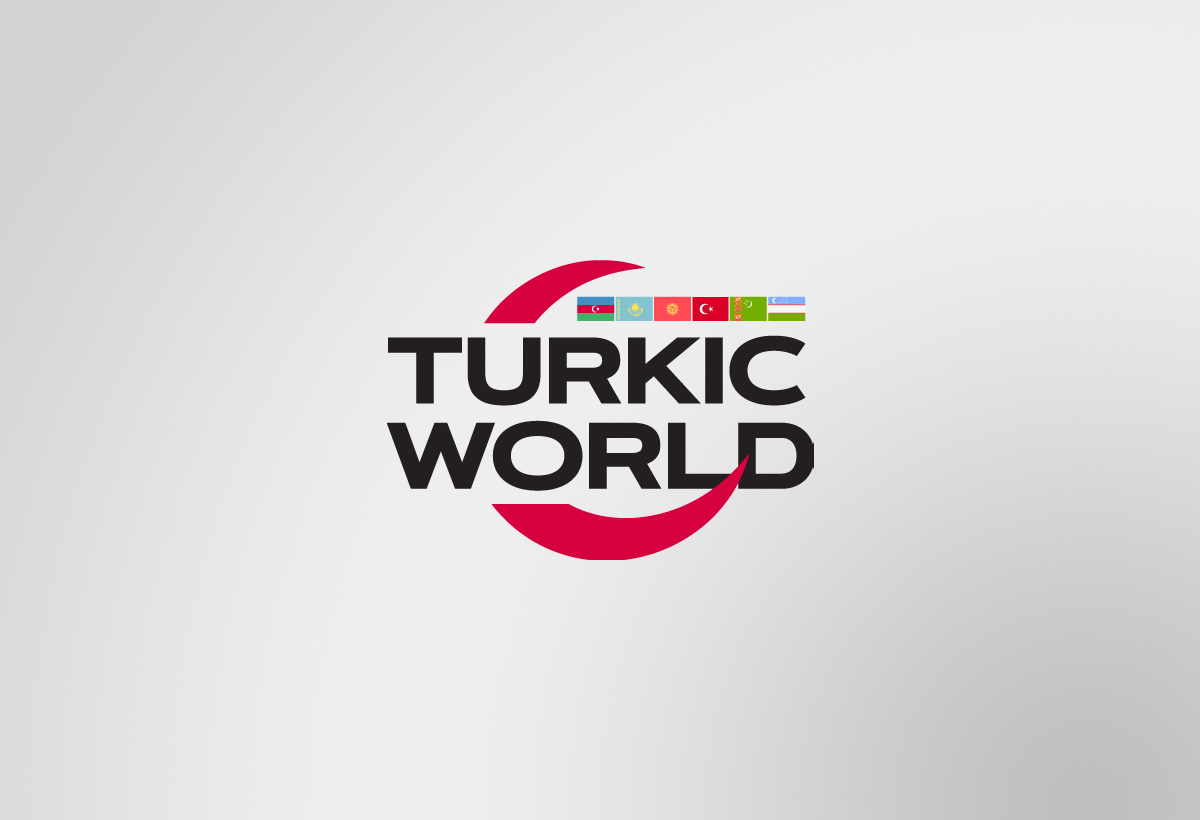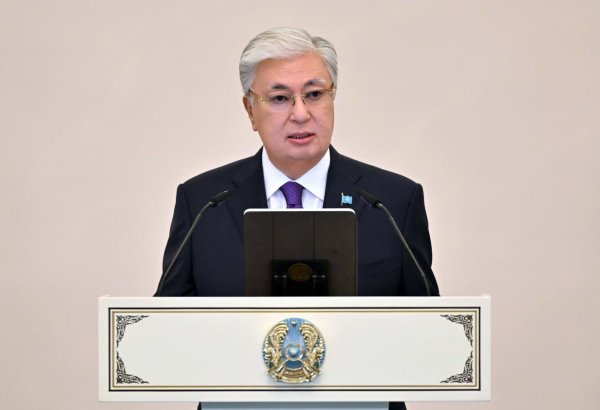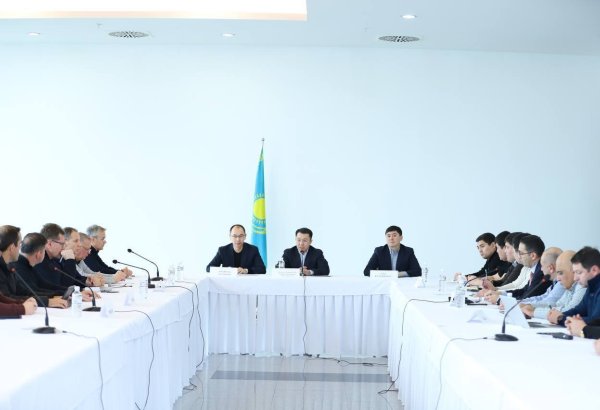Baku. TurkicWorld:
The Ambassador of Kazakhstan to Greece Erlan Baudarbek-Kozhataev has held a meeting with the Mayor of the Greek city of Piraeus Giannis Moralis, during which the parties reached an agreement to establish cooperation between the cities of Aktau and Piraeus, TurkicWorld reports, referring to the Ministry of Foreign Affairs of Kazakhstan.
Mayor Moralis briefed the ambassador on the growth strategies for Greece's largest port, situated within the city. This port boasts feeder connection to the Mediterranean, Black, and Adriatic seas, along with rail and road links to Balkan and Central European countries.
Ambassador Baudarbek-Kozhataev highlighted the potential collaboration between Kazakhstan and Greece in leveraging logistical opportunities to enhance the Trans-Caspian International Transport Route (TITR), utilizing the seaports of Aktau and Kuryk.
Moralis expressed keen interest in bolstering enduring partnerships with Aktau, particularly in economy, tourism, and cultural and humanitarian ties.
In this context, the Ambassador in agreement with the head of Kazakhstan's Mangystau region government Nurlan Nogaev invited the delegation of Piraeus to Aktau soon.
Piraeus, the fourth largest European port following Rotterdam, Hamburg, and Antwerp, is a pivotal hub for international transportation in the Mediterranean. In 2022, it managed approximately 4.35 million TEU of sea containers and boasts a storage area spanning 180,000 m2 with an annual throughput capacity of 25 million tons. Additionally, Piraeus serves as Greece's primary passenger port, catering to nearly 18 million passengers annually.
The Middle Corridor connects the container rail freight systems of China and the European Union via Central Asia, the Caucasus, Türkiye, and Eastern Europe.
A multilateral multimodal transport infrastructure connects Caspian and Black Seas ferry terminals with the railway networks of China, Kazakhstan, Azerbaijan, Georgia, Türkiye, Ukraine, and Poland.
The Middle Corridor supports greater cargo movement from China to Türkiye and onward to European nations, as well as in the opposite direction.
A route train along this corridor delivers cargo from China to Europe in an average of 20-25 days, which is one of the main advantages of this transport corridor.








